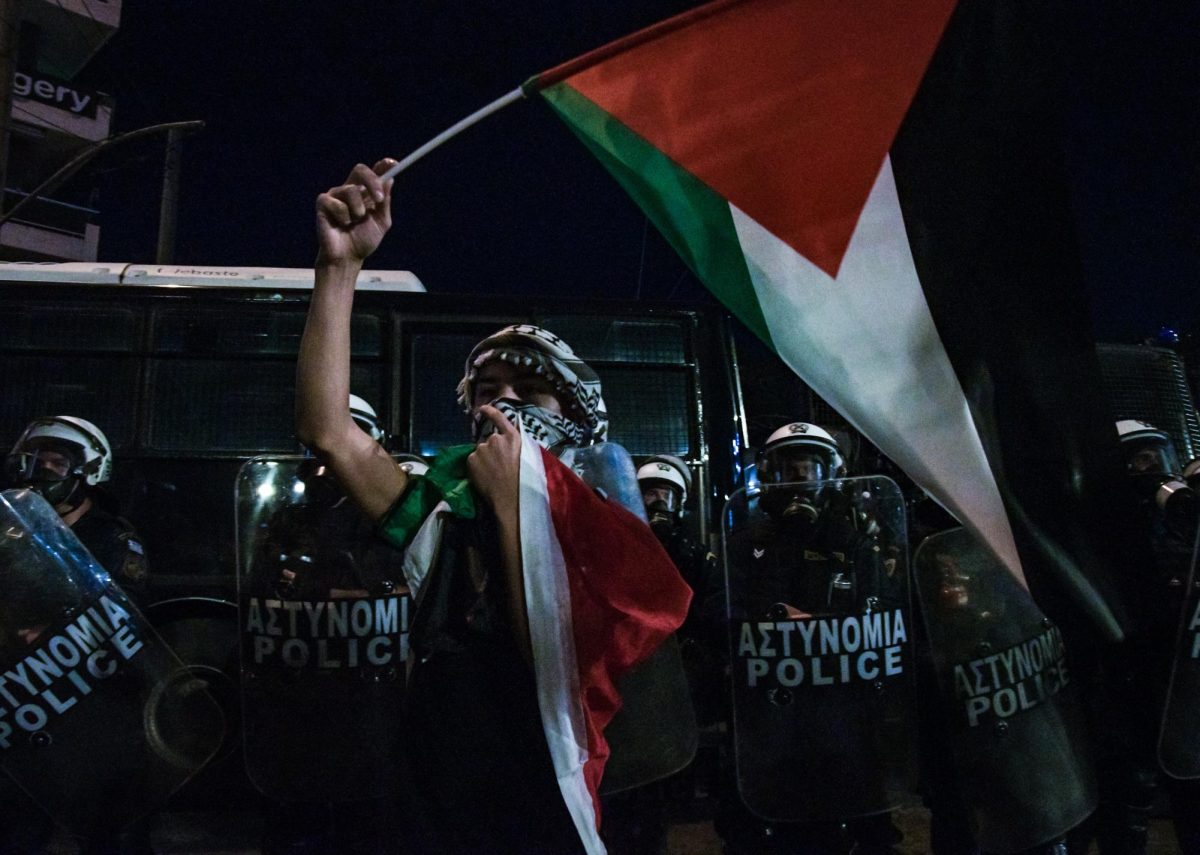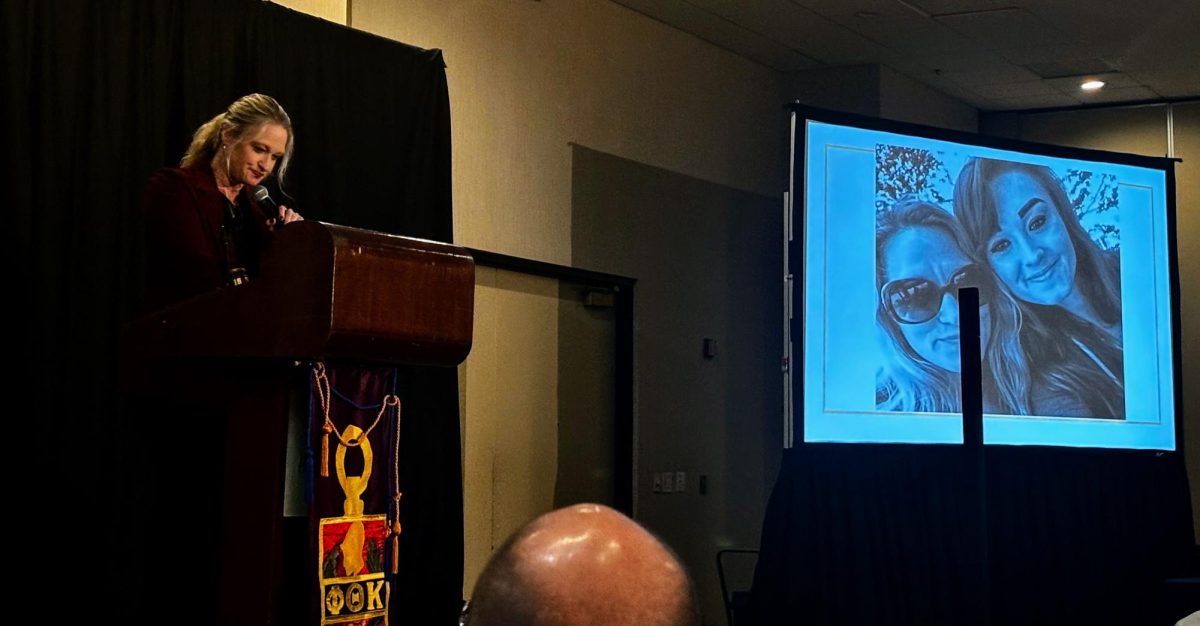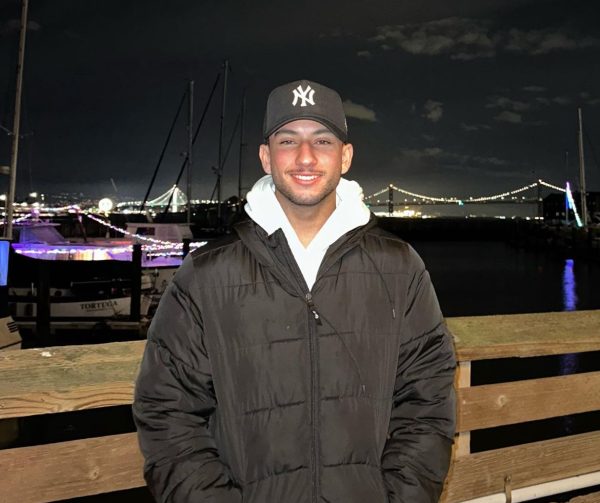Imagine for a moment that a foreign power descended upon American soil, declared it their own, and began seizing land, demolishing homes, and uprooting American citizens. Picture a scenario where your property is taken away, your history erased, and your future stolen. What would you do?
From the moment Israel was established in 1948, it initiated a series of events that led to the displacement and dispossession of countless Palestinians. To call what happened anything else but an invasion would be disingenuous. Land was taken, homes were destroyed, and lives were shattered.
The question then arises – if this were happening on American soil, would the same level of support and sympathy be extended to another nation? Let’s cut through the noise and examine the Israeli-Palestinian conflict for what it is – an occupation and if it we’re happening in our backyard we would resist, just like the Palestinians have done for decades.
The call for self-defense would resonate deeply with anyone whose land and way of life are under threat. This is not about condoning violence; it’s about understanding the human response to an invasion of one’s homeland.
The puzzling part is how segments of the American political right, who champion self-defense, consistently rally behind Israel. This support isn’t purely based on shared values; it’s often about politics and the lobbying power of pro-Israel interest groups.
The narrative of the victimized nation only works if you ignore reality. Israel’s self-portrayal as an underdog, while effective at garnering international support, should not blind us to the complexities of the conflict.
The suffering of Palestinians, particularly in the occupied territories, cannot be ignored, and we should be cautious of narratives that overshadow these human rights concerns.
The world deserves an honest conversation about Israel and Palestine, not a one-sided tale.
It’s time to confront the uncomfortable truth and reevaluate our support for Israel in light of the oppression that has unfolded in Palestine.






